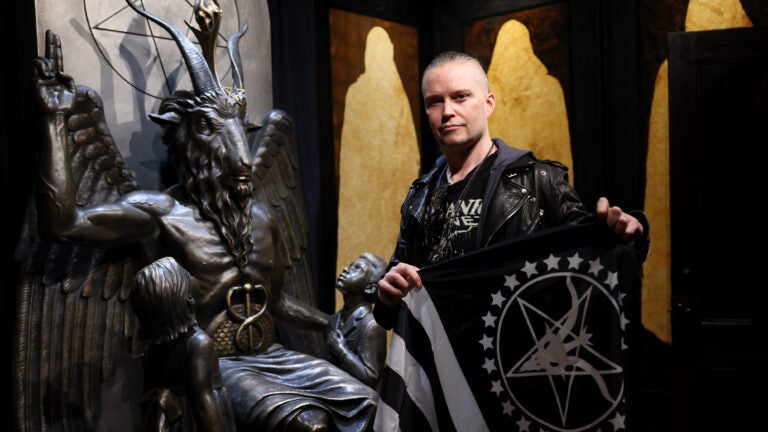
In the chambers of the U.S. Court of Appeals for the First Circuit, a legal battle unfolded that challenges the traditions of Boston City Council’s invocation practices. The Satanic Temple, hailing from Salem and recognized as a non-theistic religious corporation, has argued for the right to deliver the opening prayer at these meetings—a privilege they claim has been thrice denied by the council.
The essence of their argument? Equality under the Constitution. Despite their starkly different beliefs, the temple’s adherents assert that they merely seek the same opportunity afforded to other religious groups who invoke divine guidance before council proceedings.
The issue gained further complexity during a court session this week. As Judge William Kayatta probed the city’s attorney, Edward Whitesell, a poignant hypothetical was posed: What if this were 1920s Boston, and Jewish temples faced exclusion? The implication was clear—the exclusion of any religious group, including Satanists today, mirrored past prejudices, challenging the council’s current practices of selective inclusion.
The legal skirmish reached a peak last fall when the district court sided with the city, stating the council’s method of selecting prayer leaders did not infringe on the temple’s rights or restrict their religious expression. Yet, the temple appealed, driven by a belief in their constitutional right to participate on equal footing.
As the appellate court deliberates, the core issue remains: Can a government body equitably dictate which religious voices are heard? This case not only tests the boundaries of religious freedom but also probes the inclusivity of governmental acknowledgment of diverse beliefs.